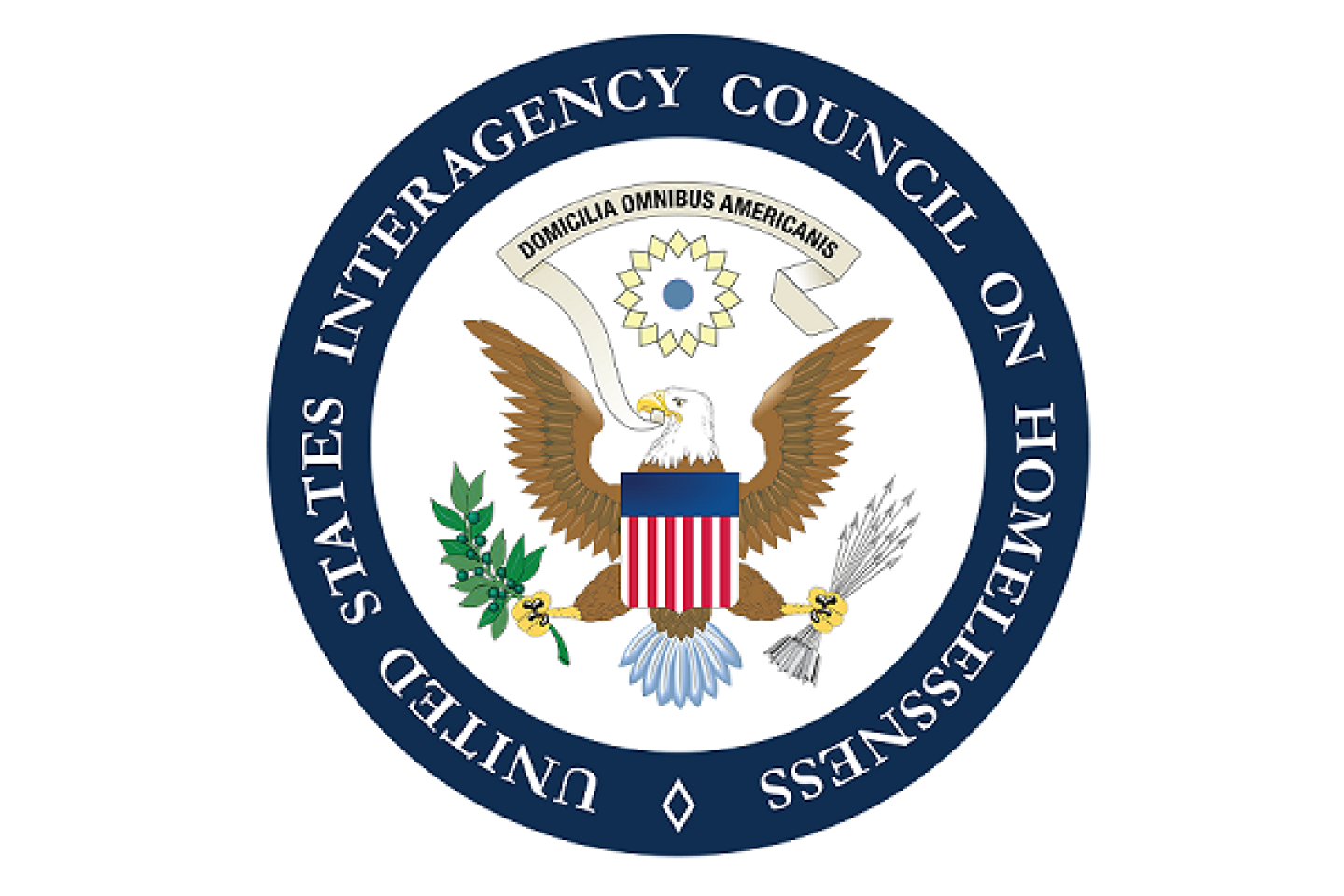Help the Biden-Harris Administration Tackle the Triple Threats Facing America: Climate Change, Homelessness, and Housing Shortages
The climate crisis and homelessness are intimately linked. The climate crisis has already exacerbated homelessness and housing shortages—and it will continue to do so. This is a national issue, and the Biden-Harris administration is moving fast to address it.
Last year, nearly half of Americans lived in counties hit by extreme weather. In Arizona, people experiencing unsheltered homelessness accounted for 40% of Maricopa County’s 339 heat-related deaths in 2021. In California, drought and wildfires have destroyed long-standing communities and homes, disproportionately impacting people with lower incomes and fewer resources to recover. In Kentucky, heavy rains left many people without homes. In Alaska, tribal villages have disappeared into the ocean, and towns are barely hanging on as heating bills spike in the increasingly bitter cold. In recent years, the Gulf Coast has experienced the costliest and deadliest hurricanes in U.S. history, leading to the displacement of millions of people. In California, hundreds of people have fled cities to live in remote stretches of the Mojave Desert, where they endure life-threatening heat and cold and no running water for miles. In some places that criminalize homelessness, people forced out of developed areas may inadvertently move to hazardous waste sites to set up tents they hope won’t be destroyed.
Compounding these tragedies is the fact that the more affordable a home is, the more likely it is to be in a flood zone and the less likely it is to be rebuilt after disaster strikes. This is especially true as the price of home and flood insurance doubles in many places, if it’s available at all.
The result is a massive loss of affordable housing and a growing diaspora of people experiencing climate-caused homelessness. Retirees, lower-income Americans, and people of color—who are already suffering because of racial and economic inequalities created by past and present policies—are especially vulnerable to this type of homelessness.
As communities recover from one public health crisis—the ongoing COVID-19 pandemic—climate change is exacerbating other diseases that pose a rising and disparate threat to people who don’t have a home—like West Nile Virus and tick-borne Lyme disease. In 2015, extreme rainfall spurred a disease outbreak that severely impacted people experiencing homelessness in Portland, Oregon.
The climate crisis also raises the price of energy, water, and food, thus increasing economic burdens on people already experiencing housing instability and at risk of homelessness. High energy bills can lead to utility shutoffs and, in many cases, evictions, housing instability, and homelessness.
Many people displaced by climate crises stay with family or friends. Others sleep in shelters, cars, or tents. Their lives are disrupted, derailed.
The Way Forward
The triple threats of climate change, housing shortages, and homelessness are a national crisis.
After decades of underinvestment in the disadvantaged communities most impacted by climate change, pollution, and environmental hazards, the Biden-Harris administration created the Justice40 Initiative, which prioritizes affordable and sustainable housing. That is on top of the American Rescue Plan Act, which represents the largest single-year investment in ending homelessness , and on top of the White House Housing Supply Action Plan, which will help close the housing supply gap in five years.
Later this year, the U.S. Interagency Council on Homelessness will release the administration’s federal strategic plan to prevent and end homelessness. Everyone has a role to play—from local and state leaders and homeless outreach to disaster preparedness teams and county health departments; from city environmental services and affordable housing developers to philanthropy and the faith community. Help us recognize and tackle this triple threat together.



